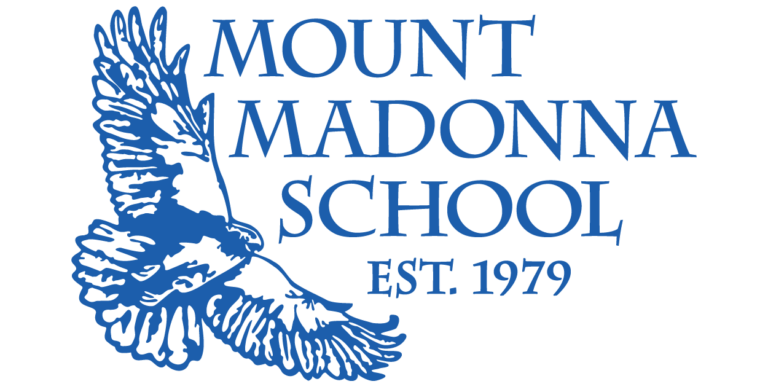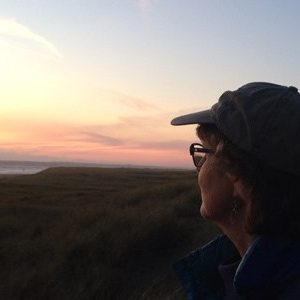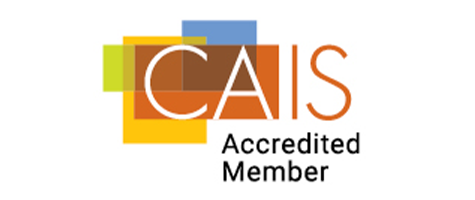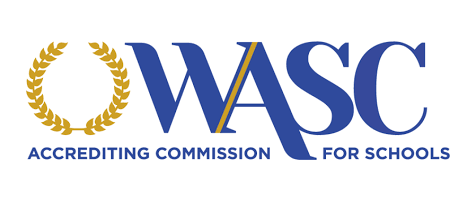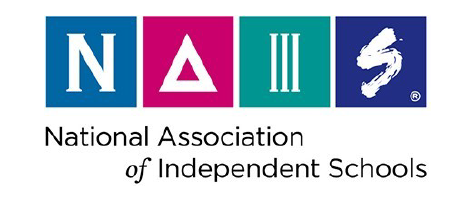 Each season has its own rhythm and pace. Summer for many, especially children and teachers, is a time of outdoor exploration, exercise and spaciousness. Camping is a popular recreation activity. A time to unwind, connect with nature and family, and focus on the Important Things. What’s the adventure of the day? What can we make out of what’s in the cooler? When is the low tide or what time is the sunset?
Each season has its own rhythm and pace. Summer for many, especially children and teachers, is a time of outdoor exploration, exercise and spaciousness. Camping is a popular recreation activity. A time to unwind, connect with nature and family, and focus on the Important Things. What’s the adventure of the day? What can we make out of what’s in the cooler? When is the low tide or what time is the sunset?My husband and I camp in the sand dunes of Westport, Washington for a few days each year. While soaking in sun, fog, salt spray, sand and waves, I regularly reconnect with the Important Things. Hunting for agates at low tide, walking the vast northwest shoreline at the edge of the Juan de Fuca subduction zone, where darkness falls after 10:00pm and gives a sense of vast space and solitude.
 Up the backside of the dunes, through the deer path pines, sits a small campground full of children and families relaxing with the wave sound drone punctuated by laughter and voices. We often meet our neighbor campers and this year was no exception. A lovely 12-year-old girl spending time with her aunt (also a teacher at Calistoga), visited with us and shared her thoughts. One morning she came to our camp with her bucket full and exclaimed, “Look everyone, I’m sand dollar rich!”
Up the backside of the dunes, through the deer path pines, sits a small campground full of children and families relaxing with the wave sound drone punctuated by laughter and voices. We often meet our neighbor campers and this year was no exception. A lovely 12-year-old girl spending time with her aunt (also a teacher at Calistoga), visited with us and shared her thoughts. One morning she came to our camp with her bucket full and exclaimed, “Look everyone, I’m sand dollar rich!”
Poetry is everywhere of course, especially found by our preschool teachers who write down charming children’s word plays daily. The image of “sand dollar rich” stuck with me for the rest of my trip for no particular reason except, I like the idea of being rich in nature experience and the Important Things.
So I began to reflect on the Important Things of learning. What is it that we must pass on to our children to make sure they are prepared to meet the road ahead?
Michelle Obama made it very clear what her motivation for doing her incredible work with children has been: to create healthy bodies and minds free from hate and fear, and rich with opportunity. She explained how we teach the Important Things, “with every word we utter, with every action we take, we know our kids are watching us. We as parents are their most important role models. And let me tell you, Barack and I take that same approach to our jobs as President and First Lady because we know that our words and actions matter, not just to our girls, but the children across this country, kids who tell us ‘I saw you on TV’ ‘I wrote a report on you for school’.”
 Our values and goals are taught in actions, implicitly modeled through our day to day choices. When you ask parents what they hope for their children, they often say, “I just want them to be happy.” As many of us have experienced and psychologists echo, happiness is not a state we “achieve” as it is often fleeting. Cultivating a positive mindset that focuses on well-being is becoming the new goal leading to feelings of satisfaction, security and happiness. The focus of many educational articles is how to teach the soft skills that will lead to a character of resilience, discernment and feelings of well-being.
Our values and goals are taught in actions, implicitly modeled through our day to day choices. When you ask parents what they hope for their children, they often say, “I just want them to be happy.” As many of us have experienced and psychologists echo, happiness is not a state we “achieve” as it is often fleeting. Cultivating a positive mindset that focuses on well-being is becoming the new goal leading to feelings of satisfaction, security and happiness. The focus of many educational articles is how to teach the soft skills that will lead to a character of resilience, discernment and feelings of well-being.At the CAIS Heads Conference in June, I listened to Dr. Daniel Siegel, an expert on the neurobiology of well-being. As the executive director of Mindsight Institute and a clinical professor of psychiatry at the University of California, Los Angeles School of Medicine, he has recently released a new book entitled, Mindsight: The New Science of Personal Transformation.
Dr. Siegel shared with the audience the importance of mind integration to experience a state of well-being.
“Integration brings with it a special state of functioning of the whole which has the acronym of FACES: Flexible, Adaptive, Coherent, Energized, and Stable.”
He describes the state of well-being as a flow between chaos and rigidity of thinking. Empathic relationship, a coherent mind and an integrated brain are essential qualities he depicts as three points on a triangle of well-being.
 “As we grow, we run through our lives with those spotlights of attention that selectively focus on only what we need to be doing. Without the night’s mind vision of being, we lose sight of the real and big picture. We lose the essence of being, the core of being present.”
“As we grow, we run through our lives with those spotlights of attention that selectively focus on only what we need to be doing. Without the night’s mind vision of being, we lose sight of the real and big picture. We lose the essence of being, the core of being present.”Dr. Siegel defines presence as “the bare awareness of the receptive spaciousness of our mind. It enables us to be receptive to whatever is…children early on have this receptivity, this playfulness of being. Recreation, in its deepest sense, is a re-creation of a playful state of presence.”
As I left the lecture, I wondered how MMS teaches or let’s say, “sets the stage” for helping students develop or hold on to their sense of well-being. It seems the best way to teach is to model, so perhaps adults striving to model flexible, adaptive, coherent, energized and stable thinking is the strongest avenue to pass on a sense of well-being. Creating a learning environment that encourages playfulness, creativity, connection, and safety to explore and make mistakes is essential to balancing the rigors of intellectual learning.
Though summer only comes around every nine months, remembering to use the rhythm of summertime and hold a space open for the “night’s vision,” may create and recreate the integration time our brains need to re-set, balance and open to new ways of thinking and learning. Creativity sparks the joy of living and my hope for each of our students and teachers in the coming year is that they feel sand dollar rich.
Thank you for choosing to be part of the MMS experience.
See you soon,
Supriya
Supriya McDonald
Head of School
